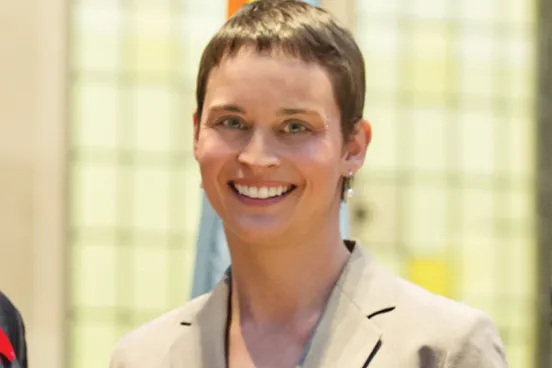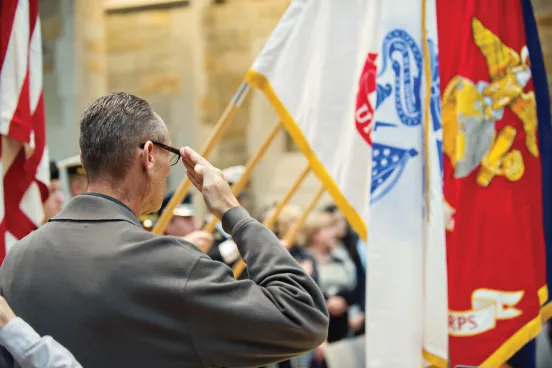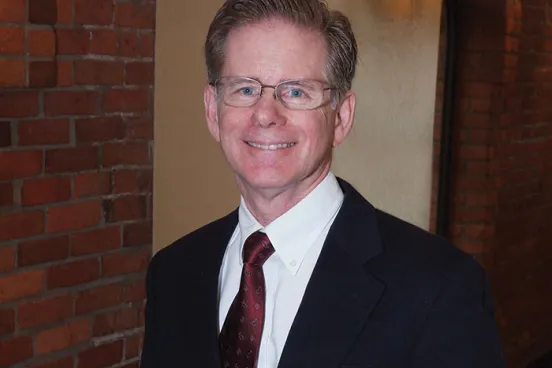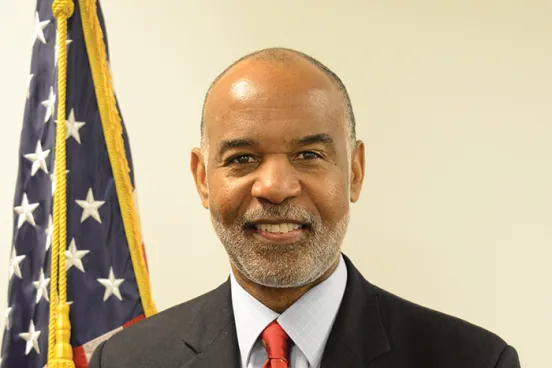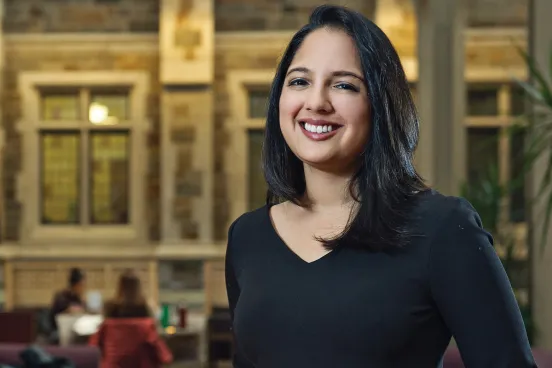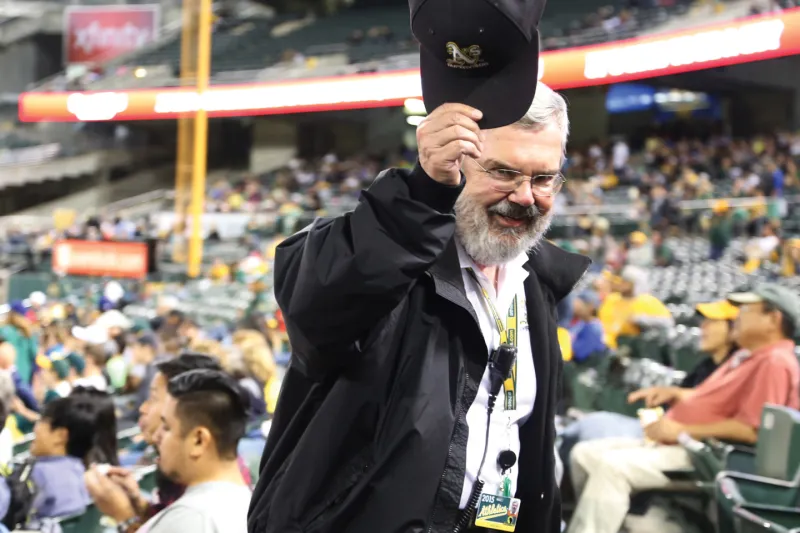
In 22 years as a judge with the California Unemployment Insurance Appeals Board, the Hon. Harlan VanWye, ’67, saw it all, from despair to defensiveness to questionable wardrobe choices. But learning that a claimant named her child Harlan, after him, proves he didn’t see everything.
“You never know the influence you can have,” VanWye says, “so you must treat everyone with respect. People want to know that they’ve been heard.” Those principles guided his work and are a big reason his rulings had low rates of appeal and reversal. “If I ruled against somebody, the first word of my final paragraph was ‘unfortunately.’ People facing unemployment, and even small employers, feel powerless and think nobody gives a damn. I tried to prove that wasn’t true.”
VanWye didn’t envision a career in which he would rule on some 15,000 unemployment-related cases. He assumed he’d enter private practice in his native Cleveland, but the Vietnam War led him instead to the Navy’s Officer Candidate School and assignments as a Judge Advocate in Puerto Rico, the Philippines, and San Francisco.
Later, he became deputy county counsel for two California counties, was in private practice, and spent five years as the general counsel for the Santa Clara County (California) Office of Education before heading to the civil side of the California Attorney General’s Office as a deputy attorney general specializing in writs and appeals. His solid track record included a successful brief in opposition to cert before the U.S. Supreme Court.
When the head of the California Unemployment Insurance Appeals Board asked VanWye to help fill a shortage of judges, he agreed to a one-year loan from the AG’s office to become an administrative law judge in the Oakland Office of Appeals. It suited him perfectly, and that one-year loan became a permanent change.
VanWye likens the work to being a small-claims court judge. The typical docket was about 28 cases per week, usually with claimants and employers appearing in pro per, and the face-to-face contact invigorated VanWye.
“In a typical trial court with attorneys, the judge’s role often is passive. But as an administrative law judge, I sometimes felt like I was taking depositions. It was very active, and I enjoyed it.” VanWye also liked the pace. “Cases in the Attorney General’s Office could take years to resolve,” he says. “But my goal was to get written decisions out within 30 days of the filing of the appeal. I liked that sense of resolution.”
VanWye retired in 2014 and now holds court in a different venue: the Oakland Athletics’ O.co Coliseum.
He became a part-time usher for the A’s in 2005 and in 2015 was made the supervisor of a 25-person team responsible for the 20 rows closest to the field behind the visitors’ dugout. Sometimes he again must be an active judge; last summer’s matchup against the Los Angeles Dodgers produced seven fights during one game in VanWye’s section alone.
Mostly, however, ushering allows for more of the face-to-face encounters that he enjoyed on the bench. “I love interacting with the fans and my crew and watching the games from a great location,” he says. “And I get a lot of exercise because I am always moving.”
VanWye, a retired Naval Reserve commander, also worked at February’s Super Bowl, has done voiceovers for commercials, traveled to 45 countries, is a licensed private pilot and avid sailor, and had a cameo in the 1997 comedy Fathers’ Day, along with his two sons and his sailboat—proof that the energy that drove his career extends beyond the courtroom.
“It’s been a good trip,” VanWye says, “and I still have more miles to go.”



